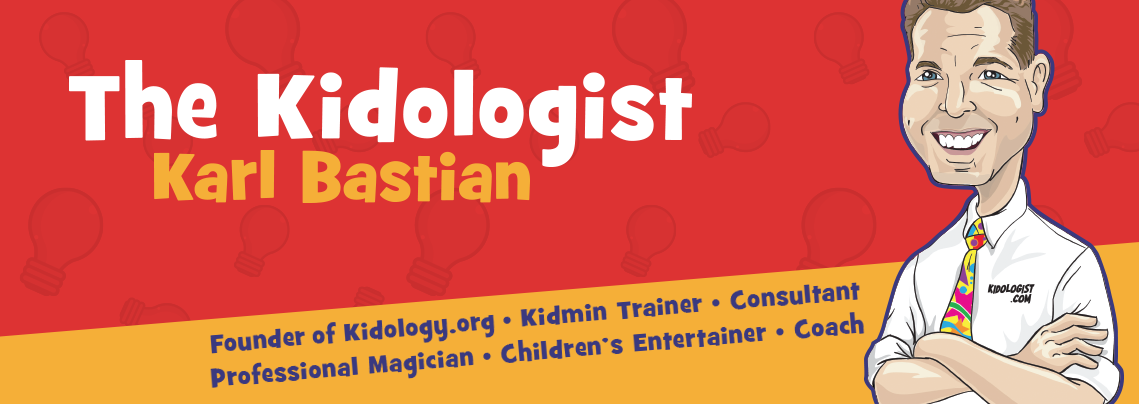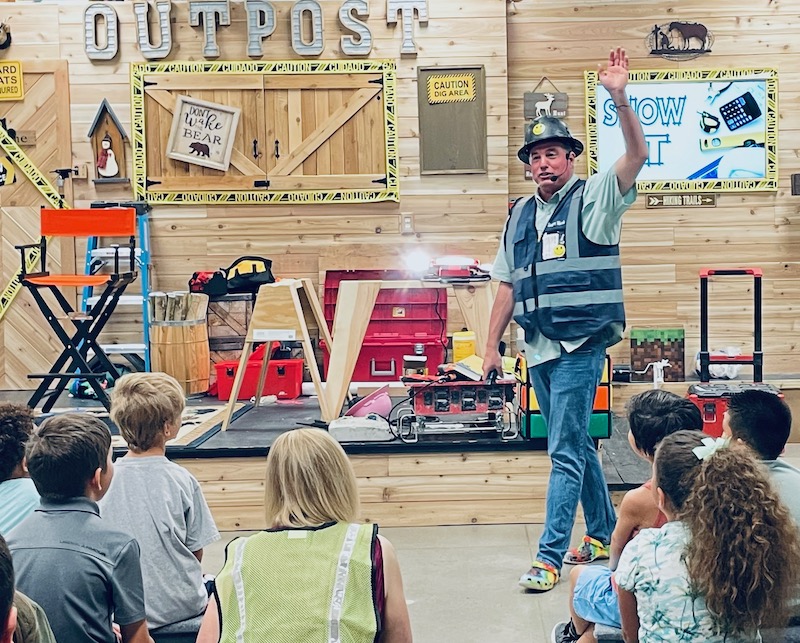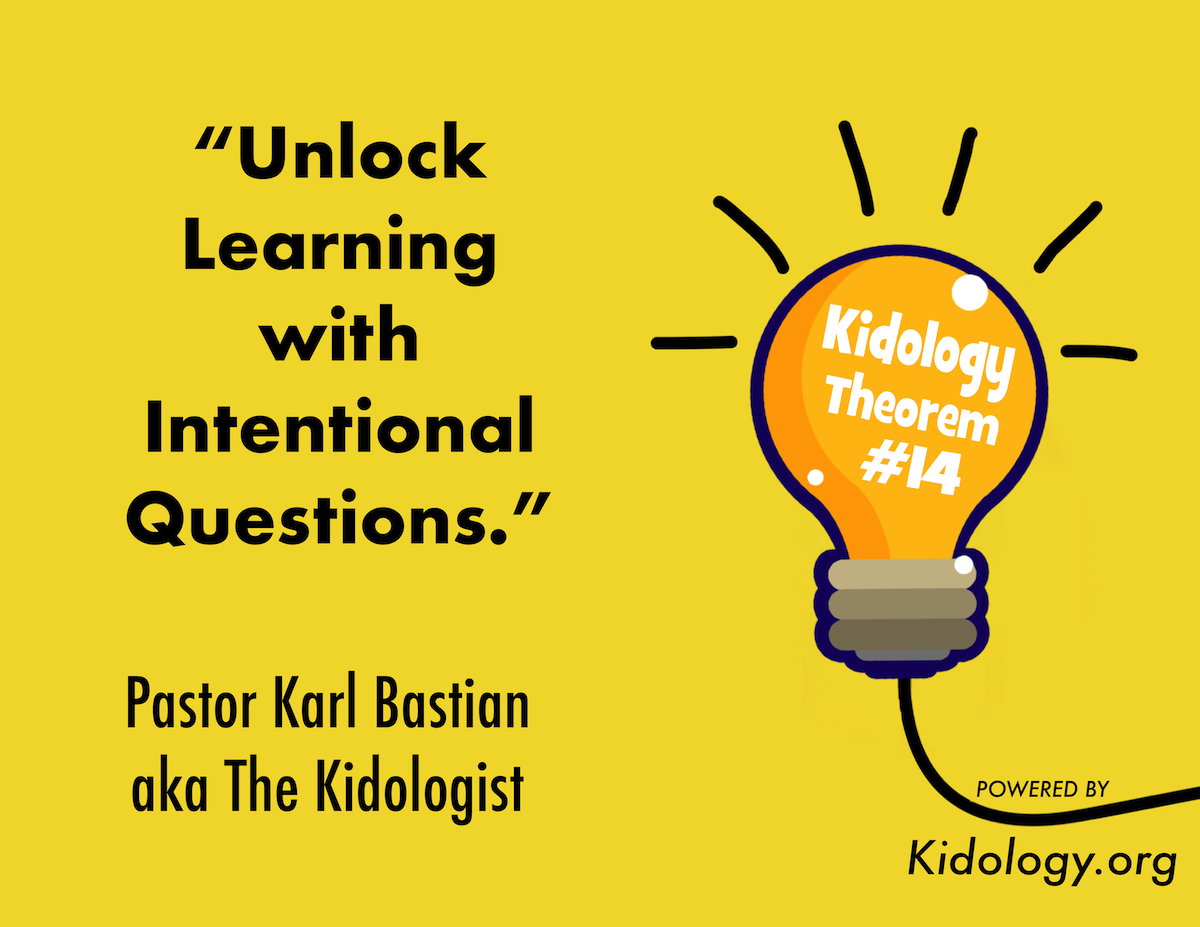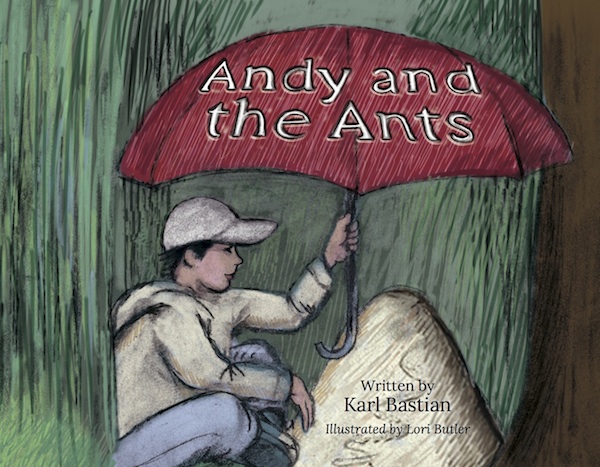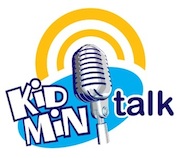The Quest for Quality Questions!
The story goes that a student once asked his wise old mentor, “Why is it that every time I ask you a question, you respond with a question of your own?” to which the teacher responded, “Why do you think I do that?” Obviously, the teacher understood the power of questions.
Questions are the key that unlock answers and unravel the mysteries of our world. Children love questions! At the earliest age, “Why?” seems to become one of their favorite words! I remember when my young son would play a verbal game with me by asking “Why” after every answer I would give to see how far I was willing to go before I figured out I was just being played. A popular magazine has as its tag line, “Enquiring minds want to know.” This would be a perfect tag line for children! A wise teacher doesn’t ask questions off the cuff – they intentionally plan them in advance!
Here are some Quick Tips on how to use questions to engage children in learning to use questions. Then I’ll go deeper on how to ask questions that truly change lives.
Ask questions that are more open than closed. This means avoiding questions that can be answered with a ‘yes’ or ‘no’ answer. Ask only one question at a time. Don’t bombard children with a series of questions. Too many questions will only confuse them and send their little imaginations scattering in too many directions. You’ll have them all wanting to share a wide variety of stories rather than answering a single question. After asking a question, be silent. Some children are hesitant to answer. Give them time to build up courage. If you are silent for a few seconds, almost always someone will respond. This lets them know that you care about what they think. Don’t worry; if the silence feels awkward for you, it does to them too. Someone will break the silence – let it be them!
Present your questions to the entire class. Never put a child ‘on the spot’. And don’t allow the same kid to answer all the time. Keep everyone involved. After a child answers, express understanding at how the student arrived at his answer even if their answer is wrong. Accept student responses as a gift. When a child ventures to answer a question, she is risking something of herself. Every student hopes her answer will be accepted. Lovingly accept it, regardless of the content.
Years ago, I had one little boy who, every week, answered every question with an enthusiastic, “Moses!” I felt so bad when I had to keep telling him that his answer was incorrect. He went from being so eager and excited to so disappointed it broke my heart. Finally, I decided to ask a question custom made just for him so he could finally be correct, “Who did God give the Ten Commandments to?” I asked the class. Tyrone’s little hand shot up as he jumped up and down. I called on him, but he hesitated, having been wrong so many times before. Finally, he sheepishly answered, “Jesus?” I was the one devastated this time as I told him it was Moses. He slumped back into his chair crushed. That was the day I learned a powerful lesson. I no longer ask for ‘answers’, I ask for ‘guesses’. That way, I can always answer, “That’s a fantastic guess, Tyrone, Moses was a mighty man of God, but I’m thinking of someone in the New Testament.”
Finally, let’s talk about the type of questions you ask.
We tend to ask informational level questions. These are ones that require a recall of specific information, and as a result, they have a right or wrong answer. “How many brothers did Joseph have?” These are fine but should be used the least.
Next are personal level questions. These are questions that the recipient thinks about in a personal way. “What do you think it was like to have so many brothers?” As a result, there are no wrong answers. They help the children to relate to the story.
The best, however, are analytical level questions. These are questions that require deeper thought and force the recipient to analyze the question. While there are still not necessarily any wrong answers, the answers require thought, and that is the goal. “Why do you think God had Joseph go through such hard trials before He allowed his childhood dreams to come true?” The answers to these questions are the answers that will cause life-change. If you just tell them the answers, they will forget. These are the types of questions they will still be thinking about after the lesson is over. These questions stick with them, and your students will continue to wrestle with them. That is the purpose of teaching, after all. Great questions allow the Holy Spirit to keep working long after your lesson is over.
So, plan your lesson, but be sure to plan your questions too!
Originally posted on Kidoogy.org





